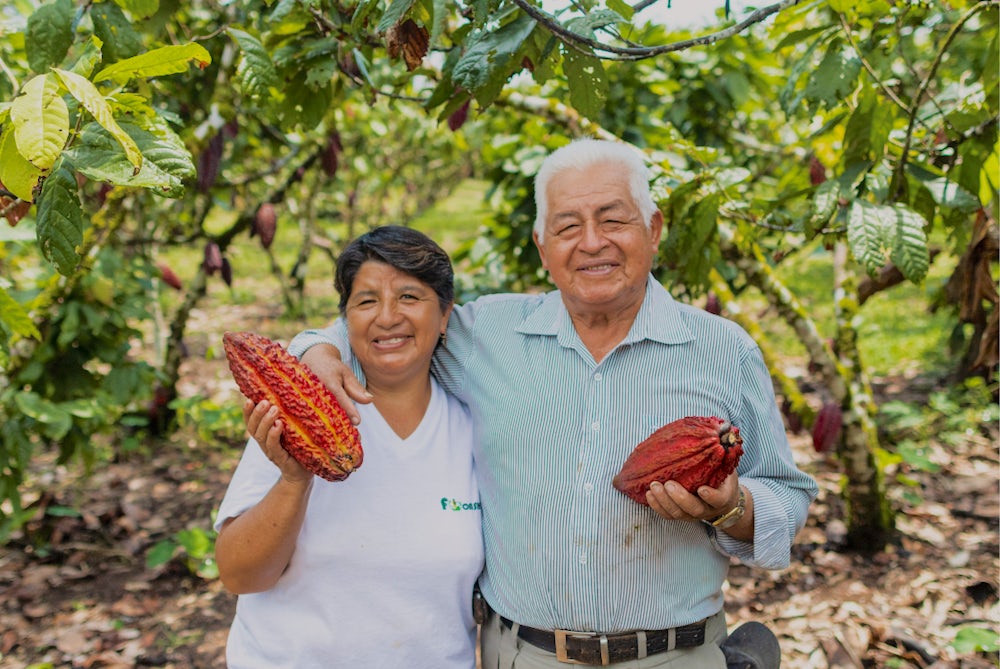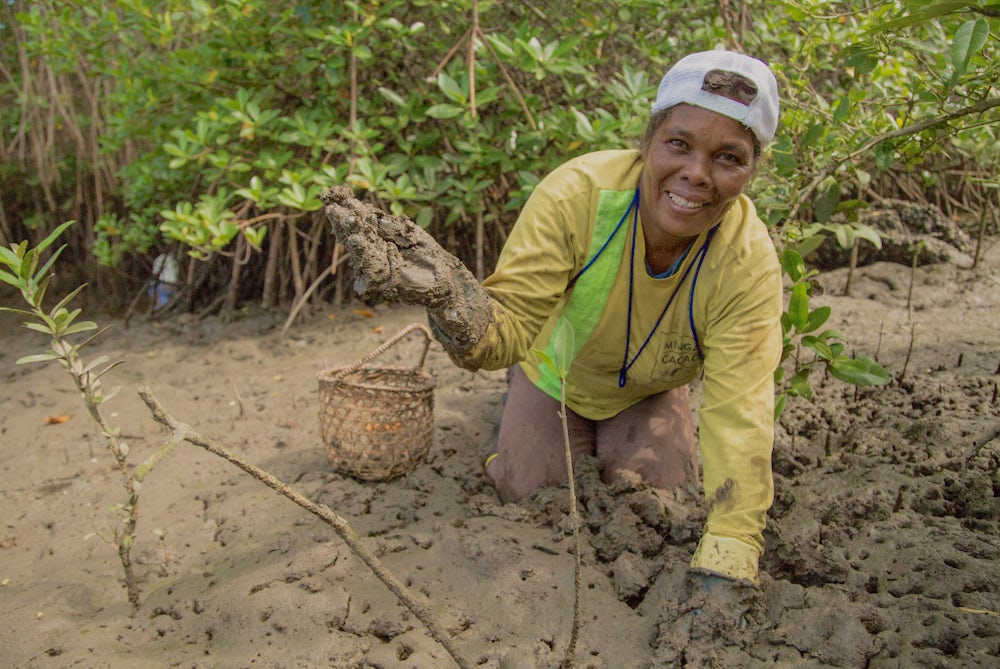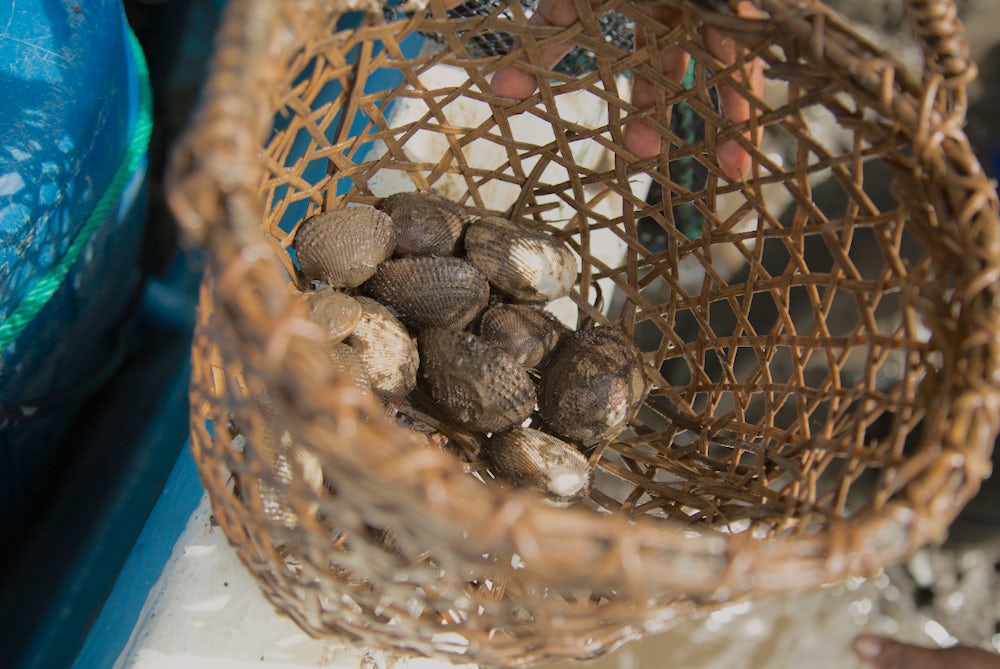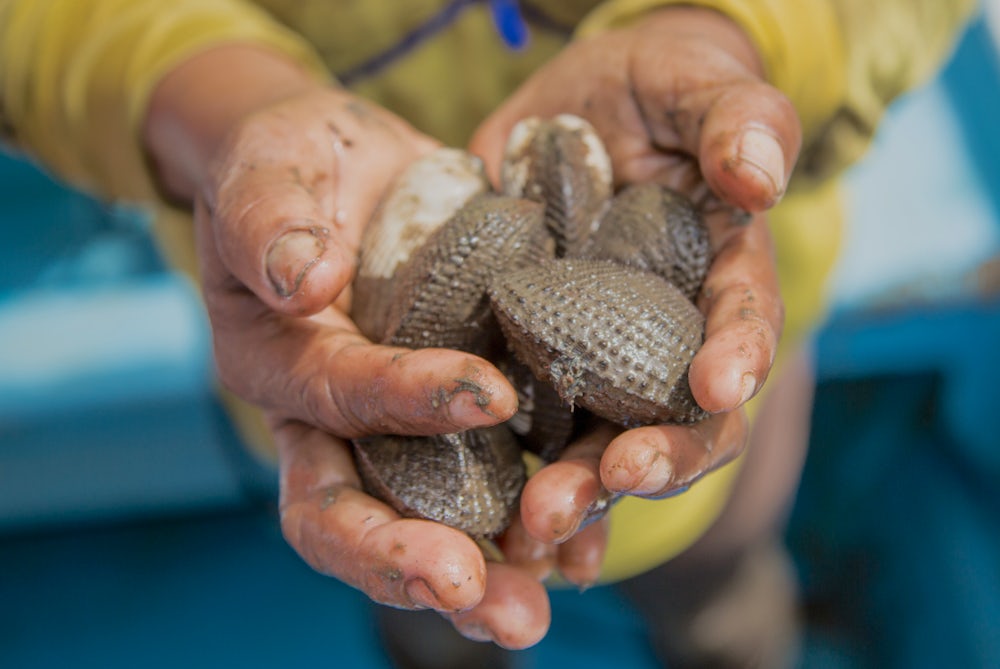Two weeks ago, Ecuador said "yes" to life.
On August 20, 2023, a majority of Ecuadorians voted to halt oil-drilling at the edge of Yasuní National Park, a protected area of the Amazon, home to isolated Indigenous tribes and a cradle of unique ecology. With this landmark decision, voters have made clear their will to protect our natural landscape, defend biodiversity and embrace a different economic model: one that works with nature, instead of against it.
In Ecuador, conserving our natural resources is not just an option, but an obligation. We are one of the 17 megadiverse countries on the planet, home to the tropical forests of the Amazon and the species-rich Galápagos Islands, a natural heritage of humanity. In 2008, we became the first nation in the world to enshrine the rights of nature in our constitution — granting them the highest form of legal protection.
When Ecuador votes to keep oil in the ground, when Ecuador grants rights to nature, a real possibility presents itself: to imagine a post-extractive country. To embrace the possibility that it is biodiversity and nature, when sustainably managed, that feeds and sustains the country's economy.

This notion has always been central to Heifer Ecuador's work. Our programs strengthen rural agribusinesses using sustainable practices that protect and replenish biodiversity. Rural communities, which include Indigenous peoples, farming families and value chain actors, are uniquely positioned to steward natural resources. Responsibly managing water, soil and diverse natural ecosystems are all core to our goal of generating income for smallholder farming families, while protecting the earth they occupy.
What are the stakes? In 2021, 5.7 million people — or 32% of the population— lived in poverty, with higher instances in rural regions. Further exploitation of natural resources in these areas has only spelled hardship for the most vulnerable among us. More mining or oil projects lead to greater biodiversity loss, illegal hunting and logging, species trafficking and deforestation.
Sustainable agribusinesses are a real avenue to increasing incomes in the rural sector, while conserving our natural environment.

Heifer Ecuador's Future of Food Signature Program works with 30,000 farming families to improve economic, social and environmental outcomes. In partnership with local communities, we work to strengthen value chains that provide rural farmers — often women and Indigenous populations — with sustainable living incomes.
One example of this work occurs across the guarango value chain, a native tree species found in the Andean dry forest. Demand for the tree in tanning and food industries has threatened its existence. Our project, which reaches 1,400 families across six provinces, supports rural farmers to plant and conserve the tree, offering the double benefit of reforesting a threatened species and harvesting the sought-after fruit the trees produce for income. With technical support connecting farmer associations to trusted buyers, guarango producers are receiving at least 40 cents more for each kilogram of fruit collected than when the project began.

Another example of ecologically friendly livelihood development occurs in Ecuador's mangrove ecosystems. Over the years, the logging industry, commercial shrimp farming and pollution have threatened these coastal forests — ecosystems home to an abundance of marine life. The local communities who steward these fragile ecosystems also make a living from collecting and selling clams and crabs from the mangrove pools.
Heifer Ecuador connects native collectors to trusted markets, providing technical assistance and guidance, and has supported them to develop community nurseries for reforestation. To date, these collectors have reforested over 50 hectares of mangroves. Last month the Ecuadorian government granted custodial rights to four Heifer-supported farmer associations to continue this work.

These efforts support the possibility that the conservation and responsible use of natural resources can generate income for the most vulnerable without decimating natural areas. The result of this recent referendum, led largely by the yearslong determination of young advocates, is a triumph for Ecuador's natural spaces and a call to embrace a rural economy that respects and protects nature. Heifer Ecuador is committed to realizing this new model.